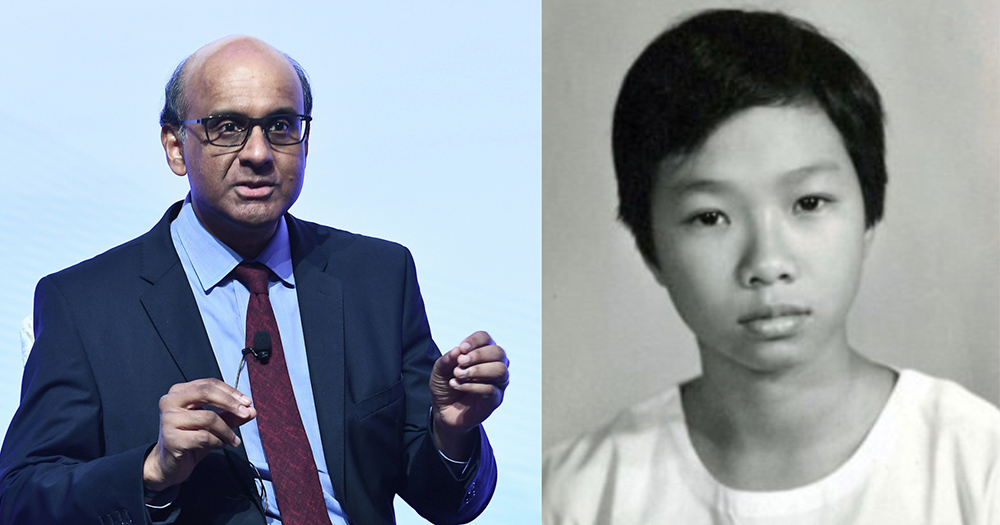China to gradually raise retirement age, 1st time since 1950s, to support ageing population
It will be raised to 63 years for men and up to 58 years for women.

China will progressively raise the statutory retirement age from Jan. 1, 2025 in the country's first such adjustment since the 1950s.
According to China state media Xinhua, Chinese lawmakers voted on the decision at the 11th session of the Standing Committee of the 14th National People's Congress on Sep. 13.
The retirement age will be raised by up to five years over a 15-year period and serves to tackle China's shrinking workforce, reported Reuters.
Increase to retirement age and minimum year of basic pension contributions
According to Xinhua, the retirement age for men will be raised progressively from 60 to 63 across 15 years from 2025.
For women cadres and blue-collar workers, the retirement age will be raised from 55 to 58, and 50 to 55 respectively.
The government will also increase the minimum years of basic pension contributions required to receive monthly benefits starting 2030, from 15 years to 20 years, with an increment of six months each year.
Those who wish to retire earlier can still do so up to three years early after reaching the minimum required years of pension contributions.
However, they are not allowed to retire earlier than the previous statutory age.
Under the new law, those who wish to postpone retirement may do so within three years and based on a mutual agreement with their employers.
Shrinking workforce
China's adjustment of the retirement age is motivated by its shrinking workforce and increasing life expectancy issues, reported Reuters.
The country is faced with a declining working population required to support the elderly as life expectancy is expected to surpass 80 years by 2050.
According to Xinhua, the move also aims to refine the old-age insurance incentive mechanism, implement the employment-first strategy, ensure the basic rights and interests of workers who have passed their statutory retirement age, and improve elderly care and childcare services.
The decision was also based on a thorough assessment of health conditions, the population structure, the level of education and workforce supply in China.
Top photo via Eepeng Cheong/Unsplash
MORE STORIES





















